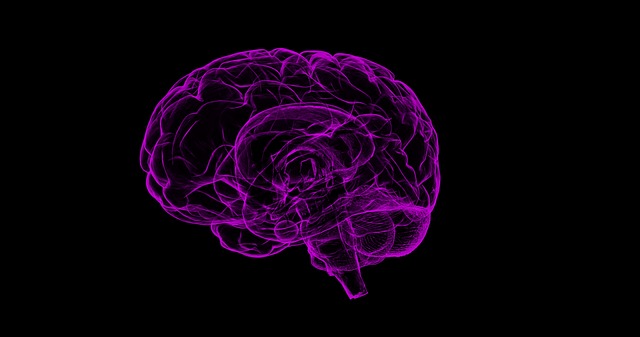The nervous system is the body’s control centre, governing everything from thought and movement to sensation and balance. When something goes wrong, it can produce a wide range of symptoms that can be confusing and alarming. While many neurological symptoms can be temporary and harmless, others can signal a serious condition. Understanding these signals and knowing when to see a specialist is crucial for your health.
What does a neurologist do?
A neurologist is a medically qualified doctor who specialises in disorders of the nervous system. This includes conditions that affect the central, peripheral, and autonomic nervous systems, as well as the blood supply, coverings of the brain, and muscles. A neurologist assesses, diagnoses, and manages a broad range of neurological symptoms and disorders.
Dr Dominic Paviour is a consultant neurologist in London who has a special interest in movement disorders and neurological problems in pregnancy. He is also the clinical lead for Movement Disorders at the Atkinson Morley Regional Neurosciences Centre. He sees patients with a wide variety of neurological problems, including headaches, dizziness, epilepsy, multiple sclerosis, and stroke.
Key neurological symptoms to look out for
It can be difficult to know when a symptom is significant enough to warrant a specialist opinion. You should consider seeing a neurologist if you experience any of the following:
- Persistent headaches or migraines: While headaches are common, you should seek a specialist if they are severe, persistent, or accompanied by other neurological symptoms like vision changes or nausea.
- Balance or dizziness problems: If you experience unexplained dizziness or a feeling that the room is spinning (vertigo), it could be a sign of a neurological condition.
- Numbness or tingling: Tingling or numbness that comes on suddenly or lasts for a long time could be a sign of nerve damage or a deeper neurological issue.
- Movement problems: Unintentional movements, jerks, or tremors can all point to problems with your nervous system. You should also seek advice for sudden muscle weakness or difficulty with walking and coordination.
- Memory problems or confusion: While occasional forgetfulness is normal, memory issues that interfere with your daily life, along with confusion, changes in personality, or difficulty speaking, should be evaluated.
- Seizures: Seizures are bursts of abnormal electrical activity in the brain and can be a symptom of a neurological disorder like epilepsy. It is important to see a neurologist if you experience them.
What to expect from a consultation
A consultation with Dr Paviour will involve a comprehensive assessment. He will take a detailed medical history, discuss the nature of your symptoms, and may enquire about any conditions that run in your family. He will also perform a physical examination focusing on the nervous system, testing your muscle strength and coordination, balance, vision, and other functions.
After the examination, he will explain what he feels the problem may be and discuss any further investigations that might be required, such as an MRI or CT scan, electrical tests, or blood tests. Dr Paviour organises these tests so that results are available quickly.
Dr Paviour sees private patients at several convenient locations, including Parkside Hospital, HCA Sydney Street, The London Clinic, and One Welbeck. Get in touch today to arrange an initial appointment.


